Today’s readings
In my first priestly assignment, at Saint Raphael in Naperville, there was a huge football program for elementary school kids called Saint Raphael Football. It was not just a team, but a league, and lots of surrounding churches had teams in the league. You couldn’t live in Naperville and not have heard of Saint Raphael Football. So once in a while, in a social setting, someone would ask me what church I was from, and I’d tell them, Saint Raphael. And they would say to me, “Oh yes, we go there, our son is in that football league.” I always wanted to tell them, “How nice. By the way, we also celebrate the Eucharist there.” Maybe I should have. Today’s gospel reading makes me think I should.
We – as a society – have it all wrong. Our priorities are all messed up. I think we’re in real danger, now more than ever, and today’s Liturgy of the Word is a wake-up call for us to get it right. We live in a society that has not just lost its moral compass, but has actually taken pains to bury it away and never look at it. Everyone seems to think that something is okay if it works for them in their current circumstance, regardless of how it affects others, regardless of how it affects even them in the long-run. That’s why you turn on the news and hear about shootings everywhere, and that’s why we have politicians vying with one another to see who can support abortion in the strongest possible sense. As Saint Theresa of Calcutta once said, “And if we can accept that a mother can kill her own child, how can we tell other people not to kill one another?” In many alarming ways, our moral compass has been buried for so long that we hardly know what it looks like anymore.
So this homily is probably going to come off sounding kind of harsh to some of you, but if I don’t say what I have to say, I’m not doing my job as your priest. And I know, really I know, most of you get this. So please indulge me; if this doesn’t apply to you, please pray for someone who needs to hear it, because you know someone who does.
When Jesus is asked whether only a few will be saved, he deflects the question. His answer indicates that it’s not the number of those who will be saved – that’s not the issue. The issue is that some people think they will be saved because they call themselves Christian, or religious, or spiritual, or whatever. It’s kind of like the people I talked to who considered themselves practicing Catholics simply because their children played in a football league that was marginally affiliated with us.
Jesus says that’s not how it works. We have to strive to enter the narrow gate. So what does that mean? For Jesus, entering eternity through the narrow gate means not just calling yourself religious; that would be a pretty wide gate. It certainly wouldn’t mean saying that you’re basically a good person, since that criterion is pretty subjective, and so widely misunderstood. The narrow gate means actually practicing the faith: taking time for prayer and worship, receiving the Eucharist for strength, living the gospel, reaching out to the needy, showing love to your neighbor. It means making one’s faith the first priority, loving God first, worshipping first, loving others first. Because “some are last who will be first, and some are first who will be last.”
And I’ll be the first to tell you that it’s hard to do that. Saint Paul says today that we have to strengthen our drooping hands and weak knees; Jesus says that many will attempt to enter that narrow gate but won’t be strong enough to do it. That narrow gate of love is hard to enter: it takes effort, it takes grace; it takes strength, and we can only get that grace and strength in one place, and that place is the Church. That’s why Jesus gives us the Church: to strengthen us for eternal life.
That’s not the best news, however, because so many people these days settle for simply calling themselves religious, or being “spiritual” – whatever that means. They’ll play football on the team, but won’t make an effort to come to Church to receive the strength they need to live this life and to enter eternal life. It is here, in the Eucharist, freely given by our gracious Lord, that we receive the strength we need to love, the strength necessary to live our faith and be united with our God. It is here, in the proclamation of the Word, that we find instruction to live as disciples and are more and more conformed into the image of Christ. But it’s hard to get to Church because Billy has a soccer game, or Sally has a dance recital, or because Mom and Dad just want to sleep in after a really trying week.
But those decisions, friends, have eternal consequences. So let me be clear: God is more important than soccer, or football, or cheer, or whatever sport you’re playing; God is more important than the dance recital, and as for sleeping in on Sunday, well, as my grandfather used to say, you can sleep when you’re dead. And it’s not like it’s an either/or proposition: people don’t have to choose between soccer and Mass or dance and Mass or even sleeping and Mass. Certainly not in our section of the world. This parish has Mass nine Masses on Saturday evening and all day Sunday, in three languages, all the way from 4pm on Saturday to 6pm on Sunday. If those don’t work, there are a bunch of parishes within a short driving distance that have other schedules. There’s probably a church within a few driving minutes of every football or soccer field in the area; I know a lot of families choose to take that option when schedules are hectic.
The point is, we make time for what’s important to us. And eternal life is the only thing that we have of lasting importance. So we have to build up the strength to get through that narrow gate one day. We’ve got to worship God with consistency; we have to live the gospel with consistency.
We’re not going to be able to say one day: “We ate and drank in your company and you taught in our streets and we played football on your team.” We can’t just call ourselves Catholic; we have to live our faith. We have to worship and pray; we have to reach out to the needy, stand up for truth and justice, make a real effort to love even when it’s not convenient to love, or even when the person who faces us is not as loveable as we’d like.
All of this requires commitment and effort and real work from all of us. We have to strive to enter through that narrow gate, because we don’t want to ever hear those bone-chilling words from today’s Gospel, “I do not know where you are from. Depart from me, you evildoers!” The good news is we don’t ever have to hear those words: all we have to do is nourish our relationship with Jesus that will give us strength to enter the narrow gate. After all, the narrow gate is love, and the love of God in Jesus is more than enough to get us through it.
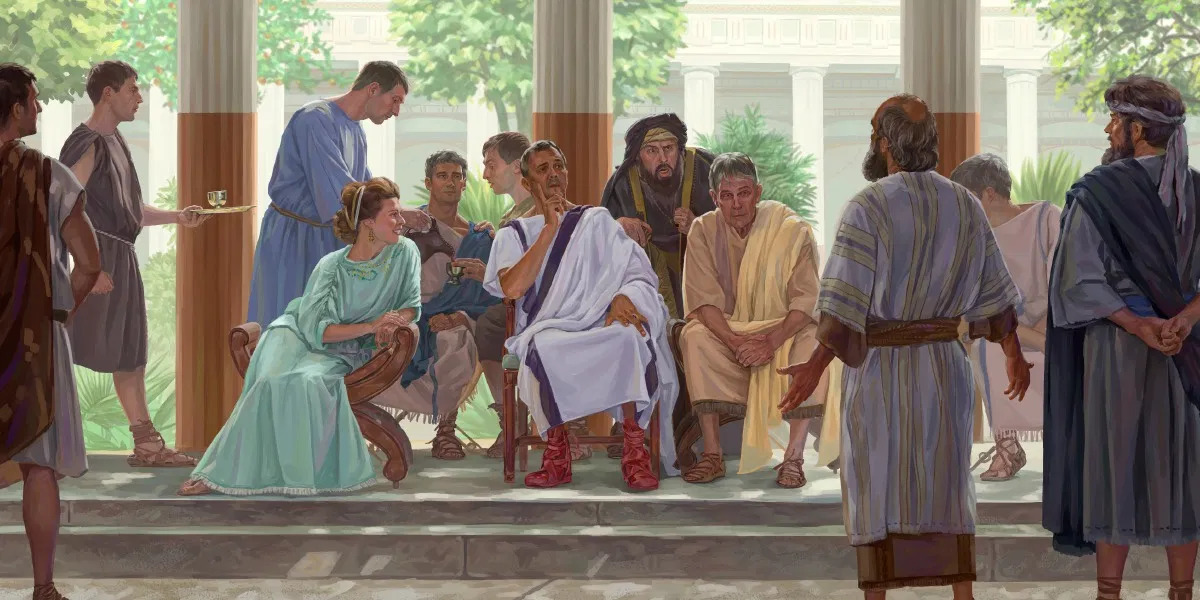
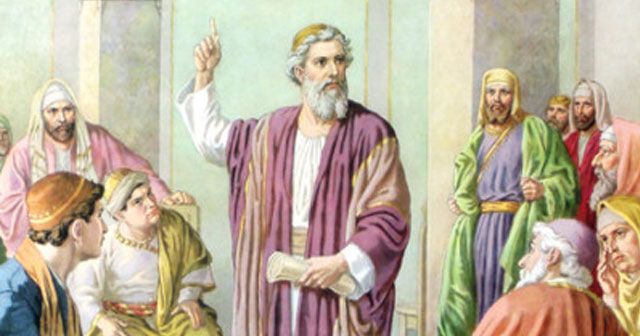

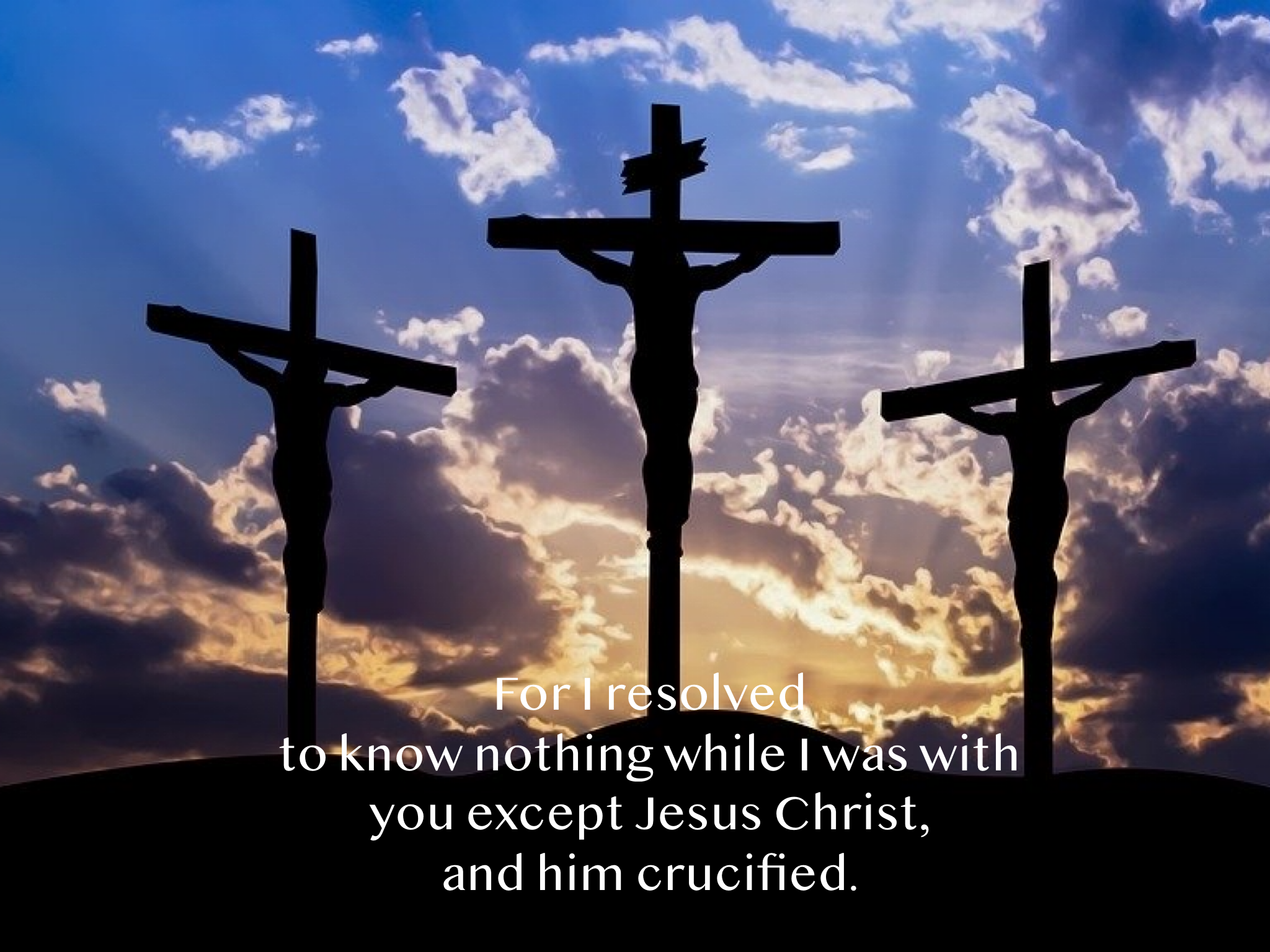
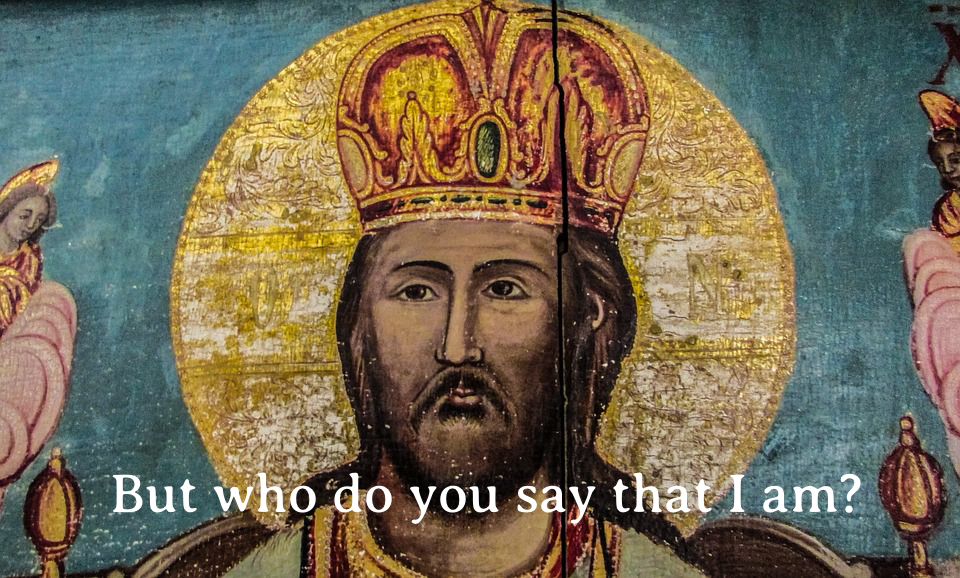

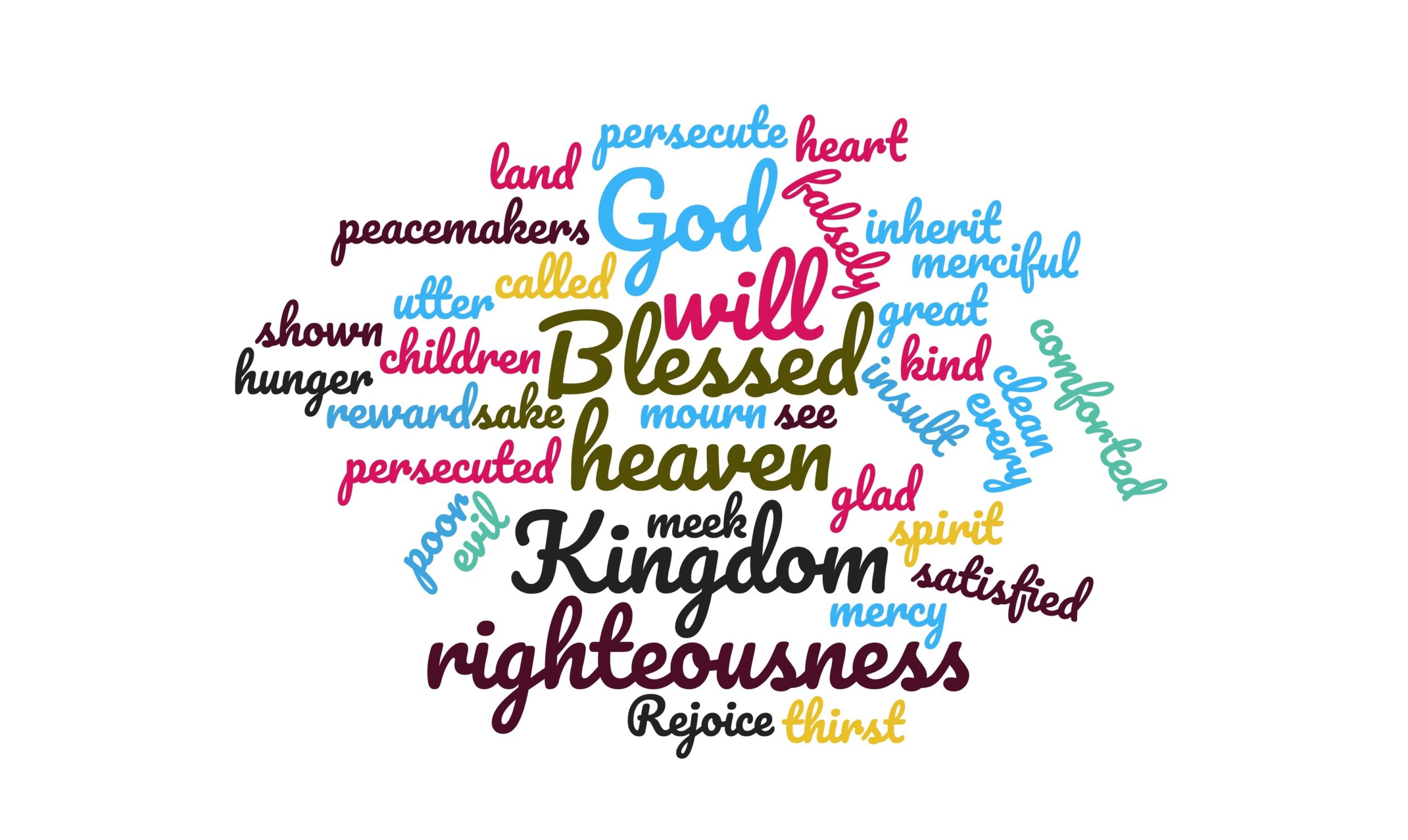
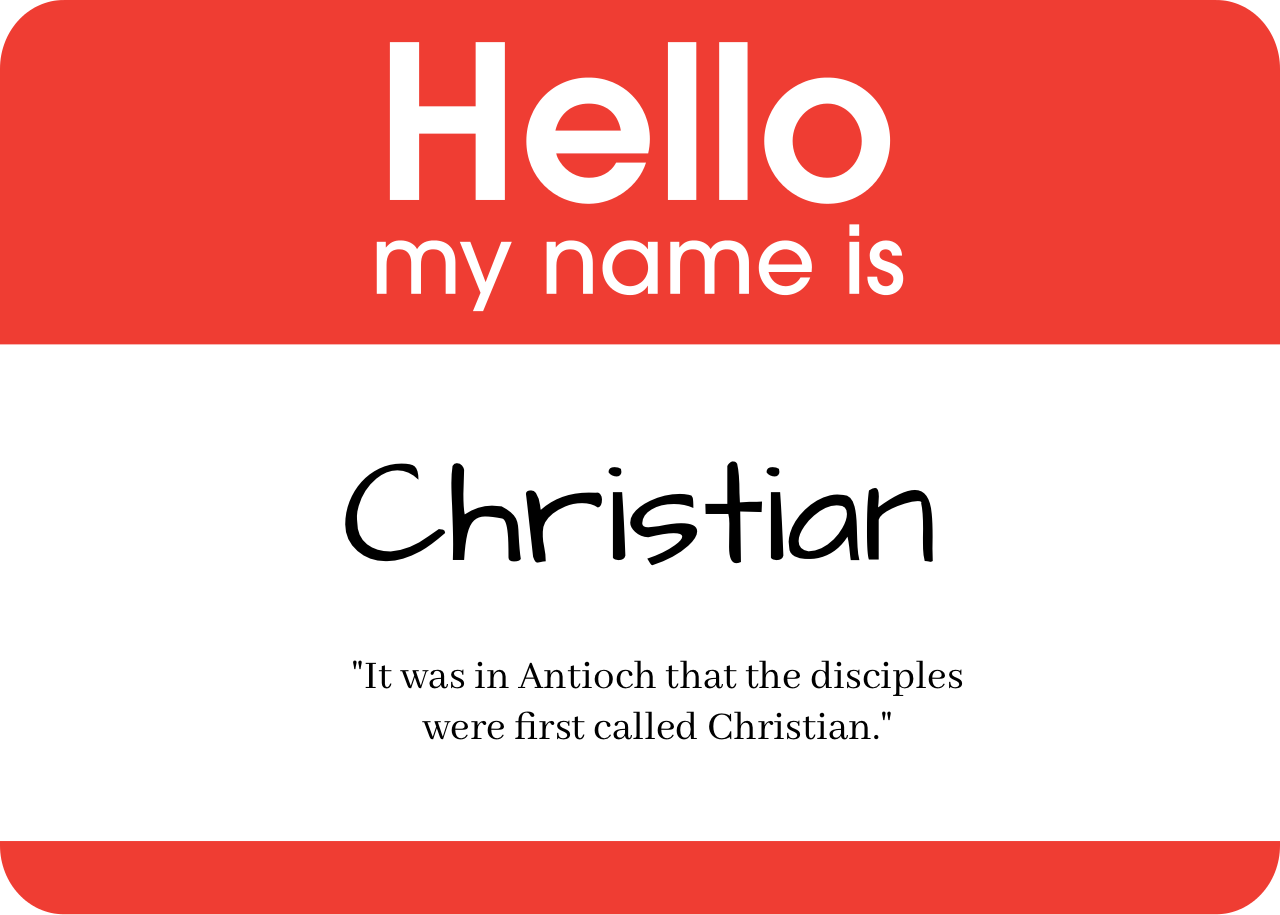
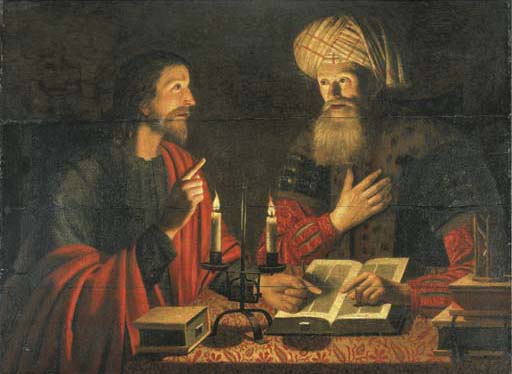

You must be logged in to post a comment.